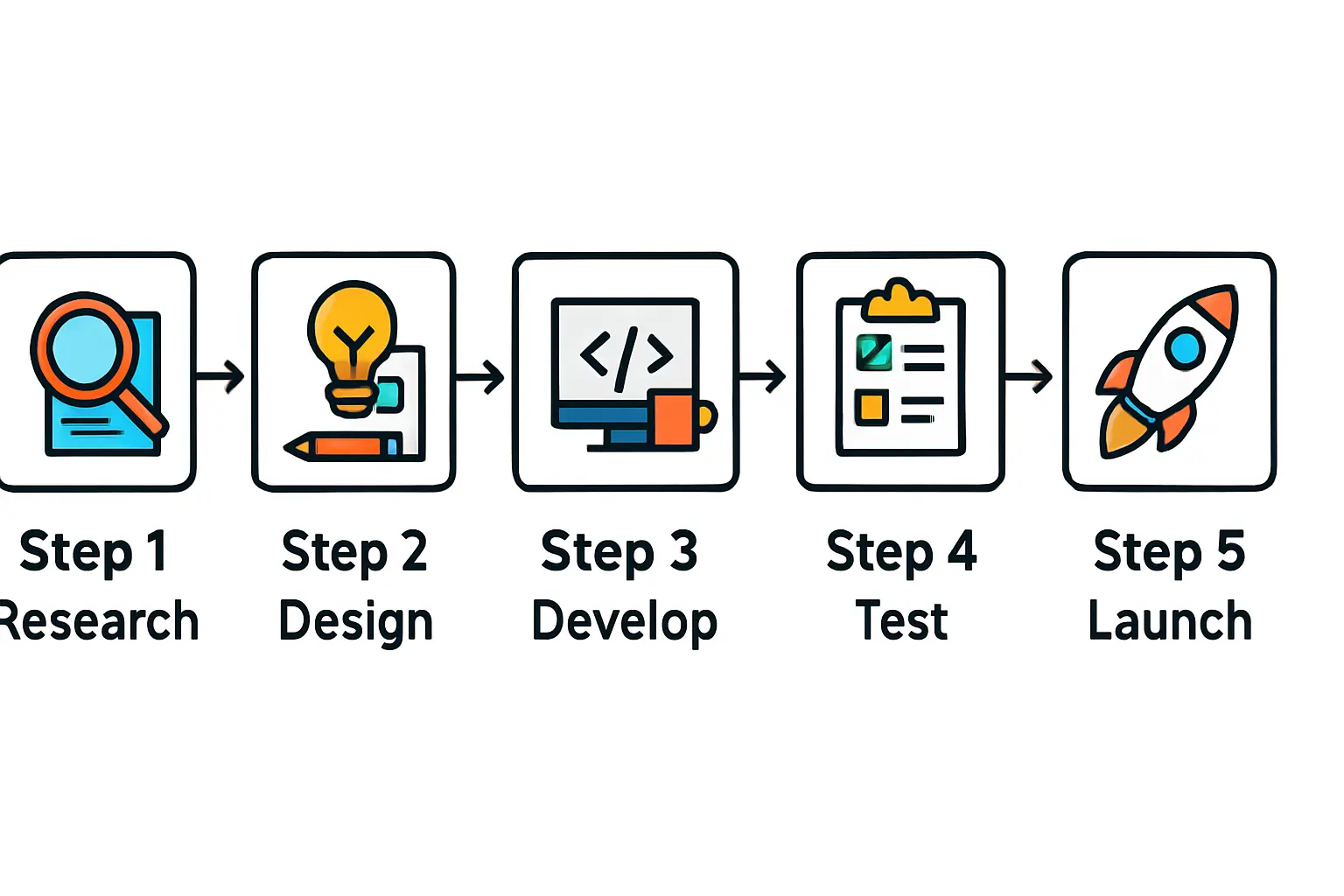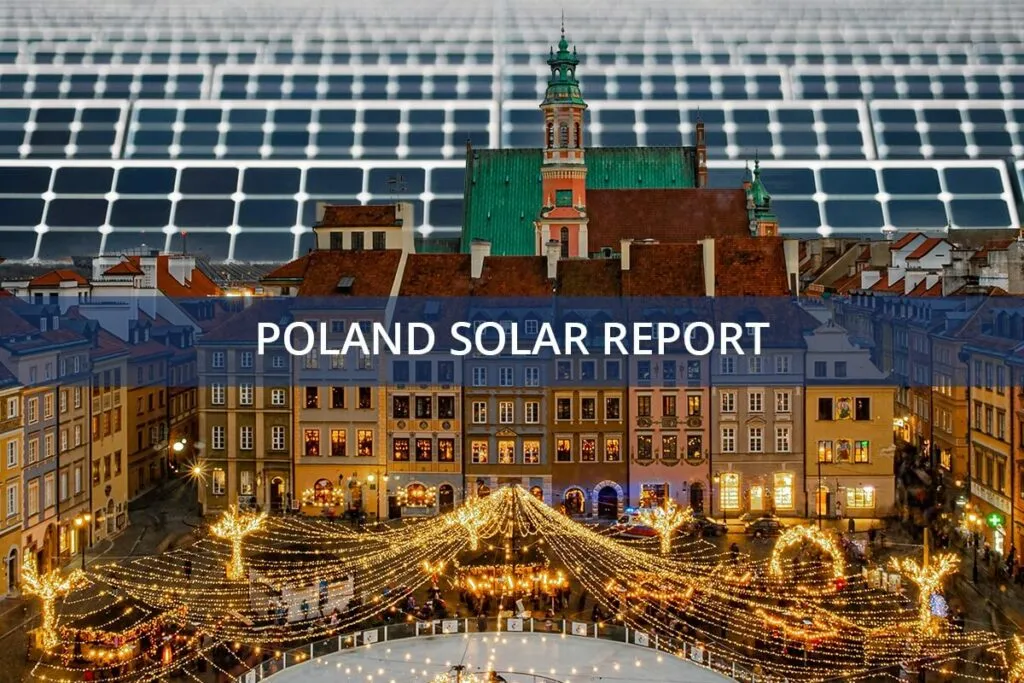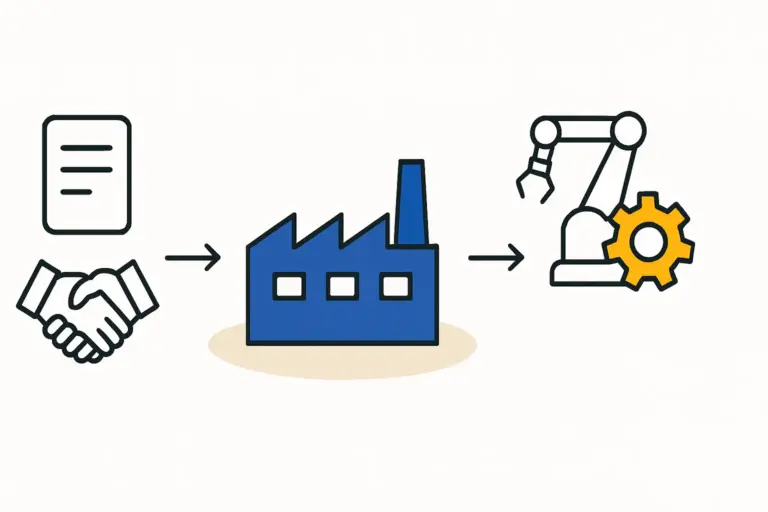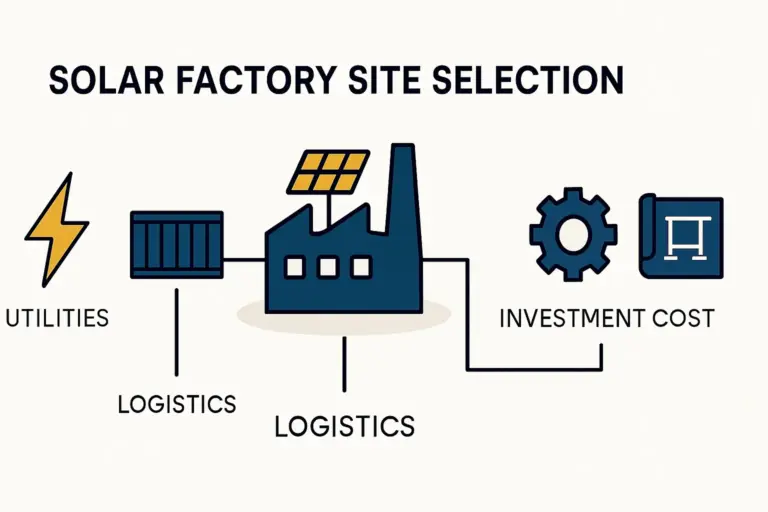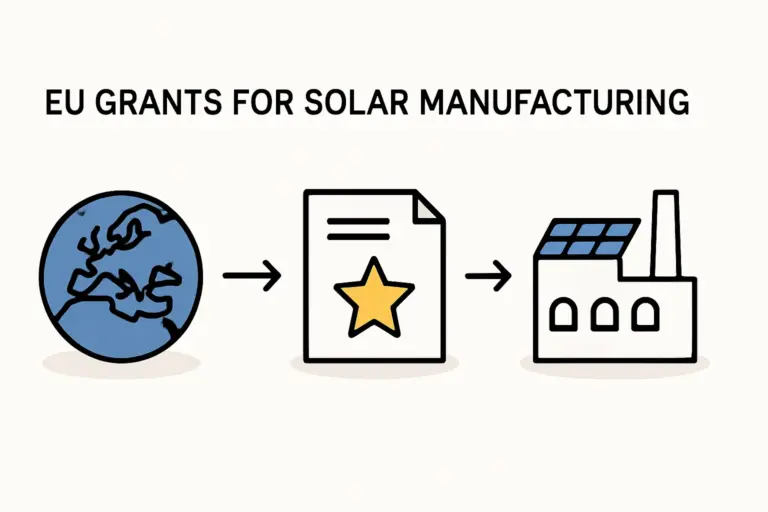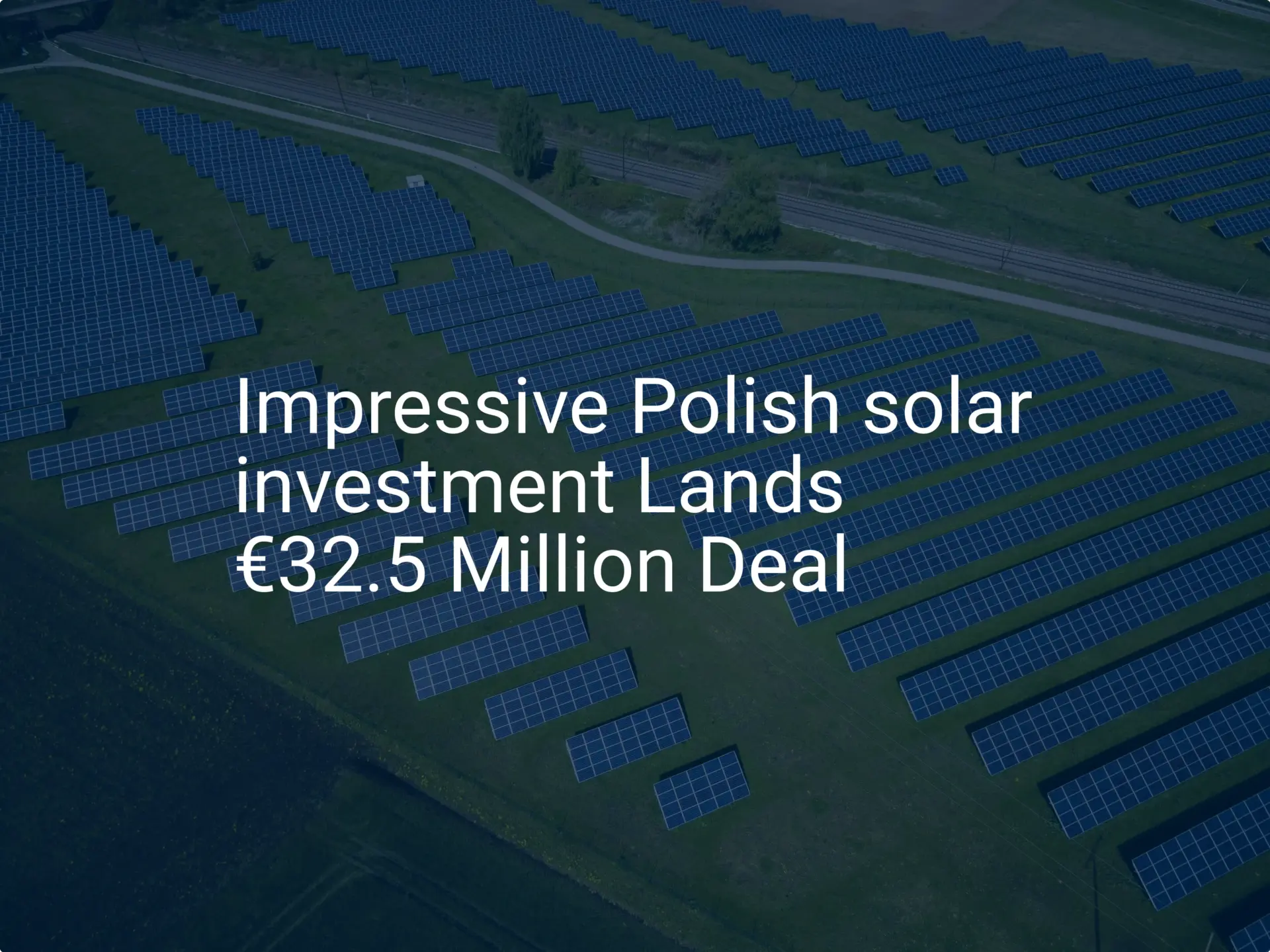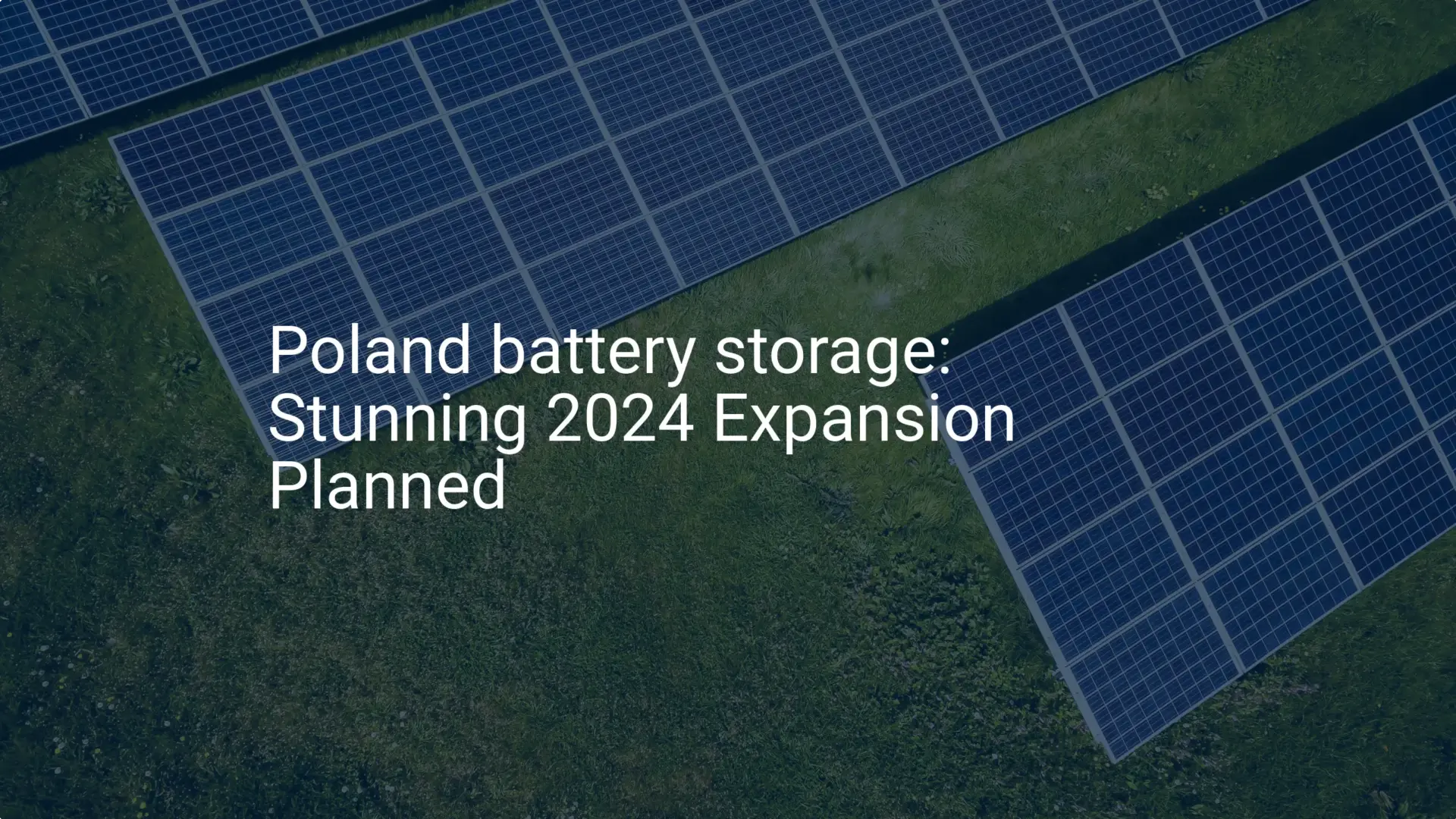When an entrepreneur considers entering the solar panel industry, the initial focus is often on technology and finance. Yet geography plays an equally strategic role. The decision of where to establish a manufacturing facility can determine logistical efficiency, market access, and ultimately, profitability.
While Asia has long been the center of solar production, a compelling alternative has emerged within Europe: Poland. This analysis explores the distinct strategic advantages of locating a solar module factory in Poland, particularly for serving the vast German market and the rapidly growing economies of Central and Eastern Europe (CEE).
The Geographic Advantage: Proximity to Europe’s Largest Solar Market
The most immediate advantage of Poland is its direct border with Germany, which spans 467 kilometers. This shared border transforms the logistics of supplying Europe’s most significant solar market.
Germany’s demand for solar energy is substantial. In 2023 alone, the country installed approximately 14 GW of new solar capacity, and its national strategy targets a total of 215 GW by 2030. For a manufacturer, this represents a massive, stable, and predictable source of demand located directly next door.
The practical implications of this proximity are profound:
-
Reduced Lead Times: Finished solar modules can be transported from a Polish factory to anywhere in Germany by truck within one to two days. This stands in stark contrast to the four-to-six-week shipping time required for modules imported from Asia.
-
Enhanced Responsiveness: Shorter lead times allow a manufacturer to be more responsive to customer orders and market fluctuations, reducing the need for extensive warehousing and minimizing inventory costs.
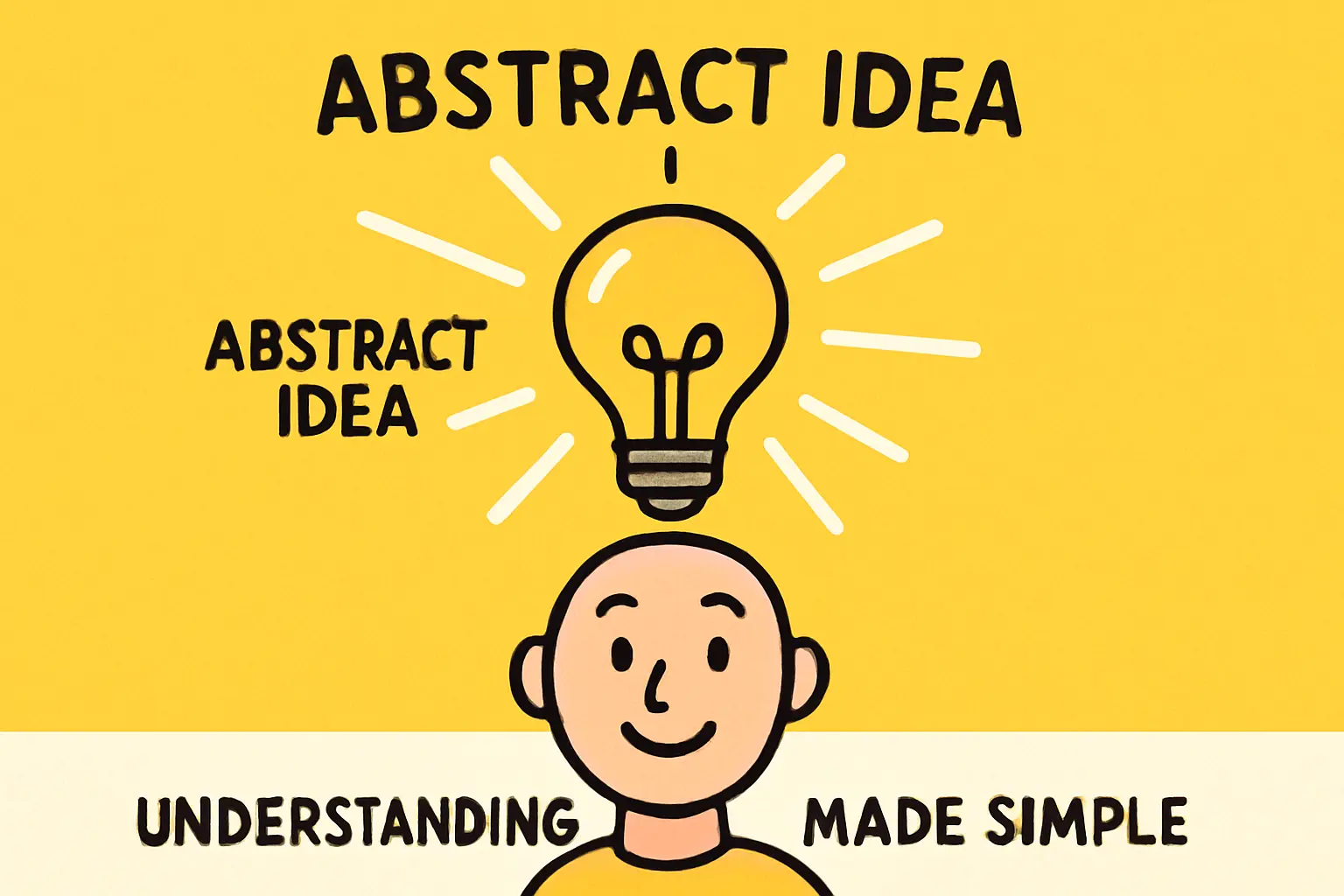
This logistical efficiency provides a powerful competitive edge, enabling faster delivery and a more resilient supply chain that is less vulnerable to global shipping disruptions.
The Economic Advantage: Unrestricted Access to the EU Single Market
Operating from Poland offers seamless access to the European Union’s Single Market, an economic zone of 27 countries. For any business based outside the EU, the benefits of this position are significant.
Because Poland is an EU member state, goods can move freely to any other member country, including Germany, without customs duties, import tariffs, or significant administrative barriers. This frictionless trade simplifies operations and eliminates the financial uncertainty of trade policies applied to goods imported from outside the bloc, such as China.
The result is lower cost and complexity, enabling more predictable pricing and streamlined cross-border commerce.
Beyond Germany: A Gateway to Emerging CEE and Domestic Markets
While Germany is the primary draw, Poland’s strategic value extends across the region. It serves as a natural hub for supplying the burgeoning solar markets in Central and Eastern Europe. Countries like the Czech Republic, Slovakia, and Hungary are all experiencing growth in renewable energy adoption, and a Polish base is ideally situated to serve them efficiently.
Furthermore, Poland itself is a formidable solar market. Ranked among the top markets globally for new solar installations, it provides a strong domestic demand base for any new manufacturer. This dual access—to a strong local market and nearby export markets—diversifies risk and creates multiple revenue streams.
Building a Foundation for Success: Labor, Funding, and Branding
Beyond logistics and market access, Poland offers a robust environment for establishing a manufacturing operation.
A Skilled and Competitive Workforce
Poland is home to a well-regarded workforce with strong technical and engineering skills. Its labor costs, while rising, remain competitive compared to Western European nations like Germany. This enables a new enterprise to build a qualified team while effectively managing operational expenditures.
The Power of ‘Made in EU’
The ‘Made in EU’ label carries significant weight in the European market. It is often associated with higher quality standards, regulatory compliance, and strong environmental, social, and governance (ESG) principles. For customers in Germany and elsewhere, this branding can be a key differentiator, signifying reliability and a more secure, transparent supply chain.
Favorable Investment Climate
As part of the EU’s push toward energy independence and green manufacturing, various funding mechanisms and incentives are often available. New industrial projects in Poland, especially in the renewable energy sector, may be eligible for support from EU structural funds or Polish government programs designed to attract foreign investment.
A Comparative Summary: Poland vs. Traditional Asian Manufacturing Hubs
When evaluating locations, a direct comparison clarifies the strategic trade-offs.
Manufacturing in Poland:
- Lead Time to Germany: 1–2 days (by truck)
- Tariff & Customs Risk: None within the EU Single Market
- Market Proximity: Direct access to Germany & CEE
- Supply Chain Resilience: High; less exposed to global shipping issues
- Brand Perception: Strong ‘Made in EU’ advantage
Manufacturing in Asia:
- Lead Time to Germany: 4–6 weeks (by sea)
- Tariff & Customs Risk: Subject to EU trade policy & tariffs
- Market Proximity: Distant from primary European markets
- Supply Chain Resilience: Vulnerable to port congestion & geopolitical risks
- Brand Perception: Standard commodity perception
Frequently Asked Questions (FAQ)
What are the primary logistical benefits of manufacturing in Poland?
The core benefits are speed and simplicity. Truck transport to Germany takes only one to two days, enabling rapid fulfillment of orders. Being within the EU Single Market eliminates customs and tariffs, reducing administrative burdens and costs when selling to other member states.
How significant is the German solar market for a new manufacturer?
It is the largest and one of the most stable solar markets in Europe. Its government has set ambitious long-term installation targets, ensuring predictable and substantial demand for years to come. Proximity to such a market is a major de-risking factor for a new enterprise.
Are there bureaucratic advantages to being inside the EU?
Yes. The primary advantage is frictionless trade within the 27-nation EU Single Market. This means no tariffs, minimal paperwork for cross-border shipping, and standardized regulations, which greatly simplifies selling to customers across Europe.
Is Poland only a good base for serving Germany?
No. While Germany is a key anchor market, Poland is also perfectly positioned to serve its own large domestic market and the growing solar needs of neighboring Central and Eastern European countries. It functions as a regional manufacturing hub.
Next Steps in Your Planning Process
Choosing a factory location is a foundational decision with long-term consequences. Understanding the strategic advantages of a location like Poland—with its unique combination of market access, logistical efficiency, and a favorable business environment—is a crucial step for anyone exploring how to start a solar panel manufacturing plant.
By carefully evaluating these geographic and economic factors, entrepreneurs can position their enterprise for sustainable growth in the competitive European solar market.
